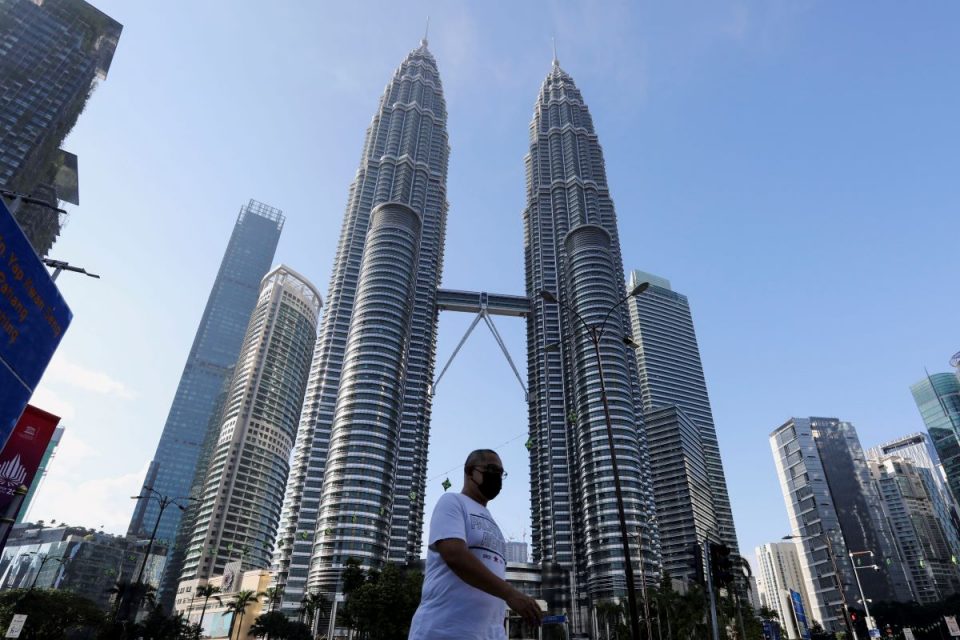KUALA LUMPUR, Aug 10 — For banks in Asean countries and India, Covid-19 outbreaks triggering strict containment steps will impede economic recovery and erode borrowers’ debt repayment capacity, increasing their asset risks, Moody’s Investors Service said in a new report.
However, banks’ strong loss-absorbing buffers, policy support and the virus impact focused on a few segments will keep their credit strength intact, it said in the first report of a series covering the impact of fresh coronavirus waves on banks in Asean countries and India.
“The resumption of global economic activity will boost trade growth in Vietnam (Ba3 positive), Malaysia (A3 stable) and Singapore (Aaa stable). This will help offset domestic economic disruptions from the pandemic, although slow deployment of vaccines is a risk for Vietnam,” Moody’s vice-president and senior analyst Rebecca Tan said in a statement here, today.
Banks in Thailand (Baa1 stable), the Philippines (Baa2 stable), and Indonesia (Baa2 stable) are particularly vulnerable as their economies struggle with elevated numbers of virus cases, spiking uncertainties regarding their economies reopening.
“Yet, policy support for borrowers and the concentration of the impact on a few economic segments will limit the deterioration in banks’ overall asset quality,” she said.
For India (Baa3 negative), Moody’s projects the economy will return to growth in the fiscal year ending March 2022 (fiscal 2021), but the severe second coronavirus outbreak will delay improvements in asset quality.
Continued policy support for borrowers from governments and central banks will prevent sharp increases in defaults on bank loans. And the financial impact of a prolonged pandemic is concentrated on a few economic segments, which will limit the deterioration in banks’ overall asset quality.
More fundamentally, various regulatory measures implemented in the past decade to strengthen banks’ balance sheets have led banks to face the pandemic on a strong footing.
Since the onset of the pandemic, most banks in the region have built sufficient loan loss buffers to cover likely increases in non-performing loans.
— Bernama





